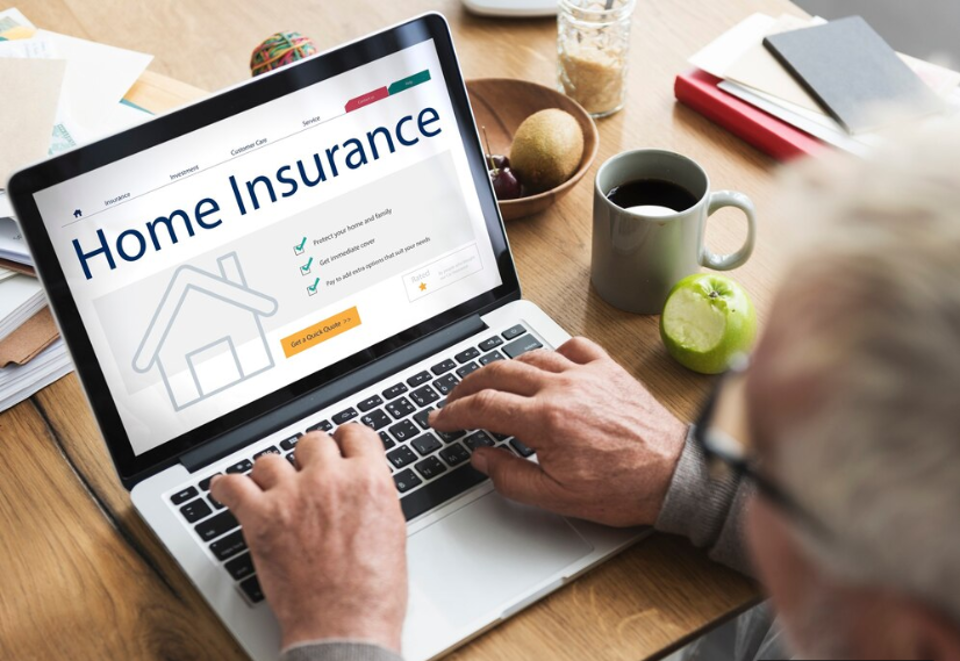
Hidden Cost in Home Insurance
Understanding the true cost of home insurance goes beyond the basic premium. Several hidden expenses can significantly increase what you actually pay. Here's what to watch for:
Deductibles
Your deductible is the amount you pay out-of-pocket before insurance coverage kicks in. While a higher deductible lowers your premium, it means more upfront costs when filing a claim. Many homeowners forget to factor this into their budget, facing financial strain when disaster strikes. Some policies have separate, higher deductibles for specific perils like hurricanes or earthquakes.
Coverage Gaps and Exclusions
Standard policies often exclude common issues like flood damage, sewer backups, and earthquakes. These require separate policies or riders, adding hundreds or thousands to your annual costs. Many homeowners discover these gaps only after filing a rejected claim, then face expensive retrofitting or additional coverage purchases.
Replacement Cost vs. Actual Cash Value
Policies offering "actual cash value" coverage factor in depreciation, meaning you'll receive less money to replace damaged items. Upgrading to "replacement cost" coverage eliminates this gap but increases premiums by 10-20%. Without this upgrade, you could face significant out-of-pocket expenses during repairs.
Insufficient Coverage Limits
As home values and construction costs rise, your coverage limits may become inadequate. If you're underinsured, you'll pay the difference between your coverage limit and actual rebuilding costs. Regular policy reviews and inflation adjustments prevent this hidden expense but often increase premiums.
Assessment Fees and Special Charges
Some insurers add policy fees, installment charges for monthly payments, or administrative costs that aren't included in the quoted premium. These fees can add $50-200 annually to your actual cost.
Premium Increases After Claims
While not technically hidden, many homeowners don't realize that filing claims can increase future premiums by 20-40%, even for no-fault incidents. This long-term cost impact can last three to five years.
Home Business Exclusions
If you run a business from home, standard policies typically don't cover business equipment, liability, or loss of income. Adding business coverage or purchasing a separate policy creates another expense many overlook.
Understanding these hidden costs helps you budget accurately and choose appropriate coverage for your needs.





